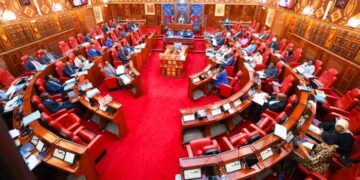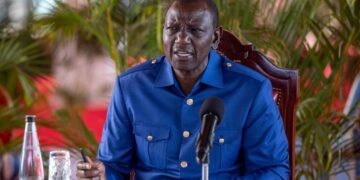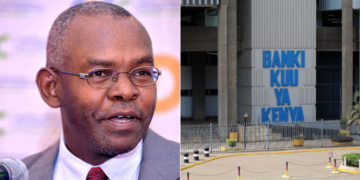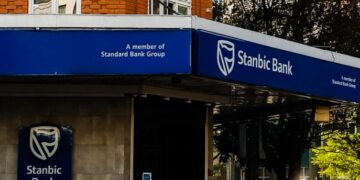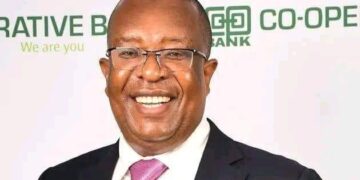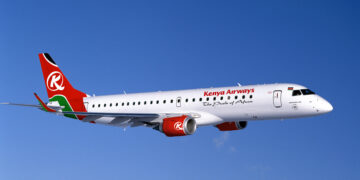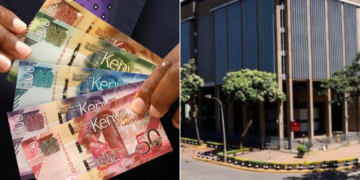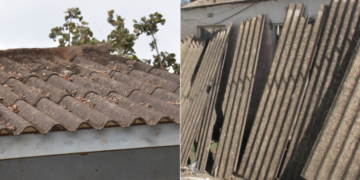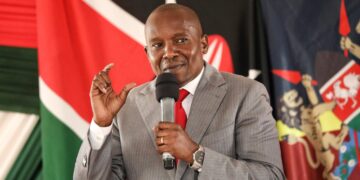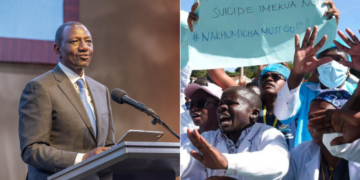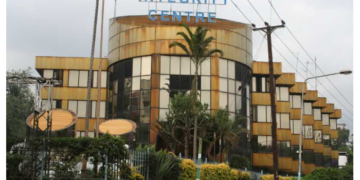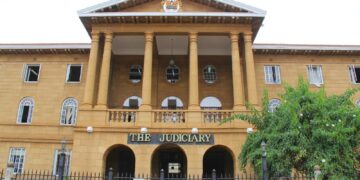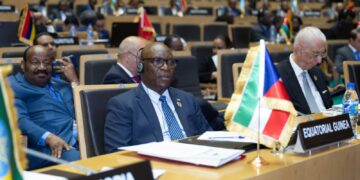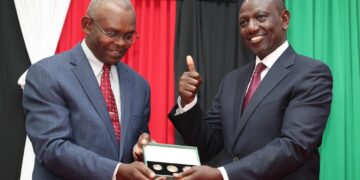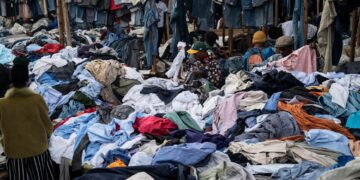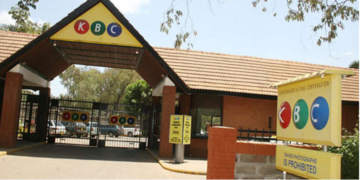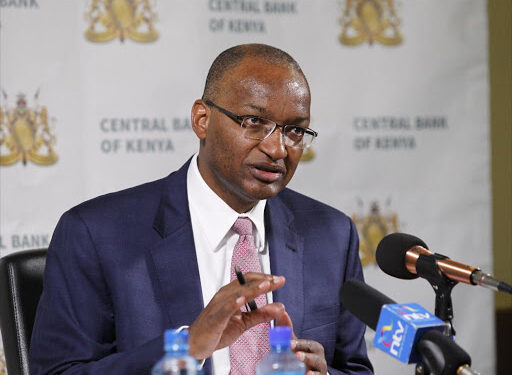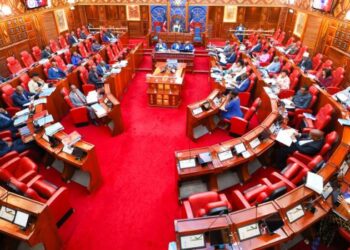The shortage of US dollars in Kenya has caused commercial banks to ration the currency and has forced manufacturers and general goods importers to seek the dollar from several lenders.
Banks, including the top tier lenders, have run out of the greenback, which has escalated currency woes that began mid-last year with lenders rationing scarce dollars. The banks have imposed a daily cap on dollar purchases of as little as $5,000 as firms struggle to obtain adequate forex to meet their supply needs.
This has forced industrialists to seek dollars daily, putting a strain on supplier relations and the ability to negotiate favorable prices in spot markets. Importers say they cannot access the dollar at the official buy rate of Sh127.39, forcing them to buy at a rate of Sh137 or higher.
The dollar crunch has strained relations with suppliers at a time competition for raw materials has intensified globally due to rising demand amid lingering supply chain constraints.
The shortage is the product of rising dollar demand being driven by increased shipments of raw materials and equipment in the wake of the recovering economy. Analysts have blamed the Central Bank of Kenya (CBK) for the dollar crisis, saying the regulator introduced tough rules on the foreign exchange interbank market, crippling market operations.
Through the interbank forex market, banks are able to trade hard currency among each other and at rates which determine the official or spot rate. The CBK has repeatedly maintained that Kenya has sufficient foreign currency to meet demand, brushing off manufacturers who continue to warn about the shortage of dollars.
The industrialists’ lobby said the dollar crunch has strained relations with suppliers at a time competition for raw materials has intensified globally due to rising demand amid lingering supply chain constraints. Multiple bankers admitted the caps on dollar purchases but declined to come on record fearing retaliation from the CBK.
Top firms have started trading in dollars among themselves, with hotels and aviation firms attracting interest from those in need of hard currency. This is creating a parallel shadowy market, which is in breach of the law and has the potential to trigger a range of economic problems including discouraging foreign direct investment (FDI), encouraging rent-seeking and reducing the interbank FX market.
The situation is compounded by the weakening of the shilling against the dollar, which means that it is costing companies a lot more to buy forex. It has also meant that firms are hedging against further weakening by stocking up on dollars or holding on tightly to their greenback reserves.
The shilling was on Thursday exchanged at an average of Sh127.29 units to the dollar, having depreciated from Sh104.44 at the end of March. Muathi Kilonzo, the Frontier Equity Sales and Head of Equities at EFG Hermes, says the chickens have come home to roost for the CBK, which has been blamed for severing the interbank forex market.
Banks such as Absa and Ecobank were reprimanded for breaches of the Prudential Guidelines on Foreign Exchange Exposure Limits, which in part demand that a lender’s foreign exchange exposure must not surpass 10 percent of its core capital.
“We have been talking about the failure of the interbank FX market for a really long time. The clamping down of the market by the CBK which preceded the Covid-19 and Ukraine crises is now catching up with us,” said Mr Kilonzo.
The situation is worrying for businesses that require forex for supplies, and there is a possibility that it could lead to negative economic consequences.

